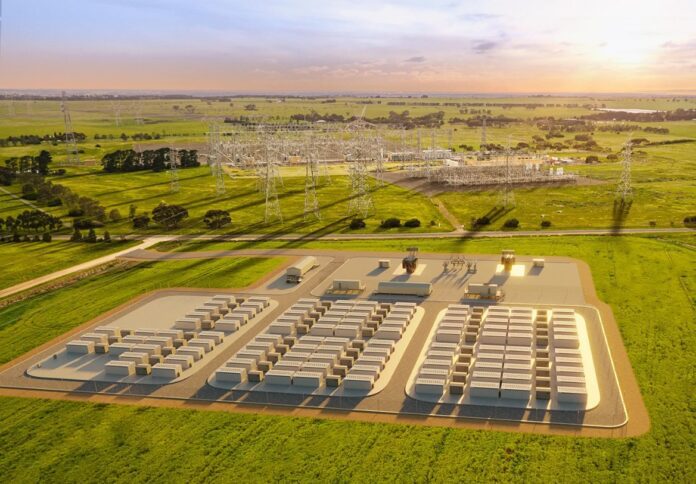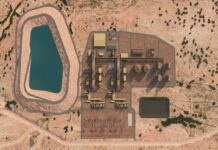
The Australia Energy Market Operator (AEMO) has underscored the essential role of gas in Australia’s energy security and the urgent need for new gas supply and infrastructure investments to achieve net-zero emissions by 2050 in its 2024 Integrated System Plan (ISP).
Samantha McCulloch, chief executive of Australian Energy Producers, emphasised the need for prompt governmental action to secure investments in new gas supply.
She noted, “The ISP makes clear that gas will play an increasingly important role in keeping the lights on for Australian households and businesses. It follows AEMO’s warning last week of potential gas shortages in Victoria, with gas demand surging as a result of cold weather and reduced wind output.”
McCulloch also highlighted that the ISP adds to warnings from AEMO, the Australian Competition and Consumer Commission, and other experts about the need for new gas supply investments to prevent predicted shortfalls starting from 2028.
The ISP report stresses that the energy transition relies on timely investment decisions, which are currently hindered by uncertainties and delays in energy regulation, environmental, and planning approvals, thereby increasing the complexity and risk of project delays.
“Investment in new gas supply is now critical if we are to avoid winter gas shortages becoming the new normal,” McCulloch stated.
The ISP also indicates that gas-powered generation will have an expanded role in the National Electricity Market (NEM) until 2050, as coal is phased out and intermittent renewables increase.
AEMO projects an additional 13 gigawatts of gas-powered generation capacity will be needed by 2050 to ensure the NEM’s resilience during various power system and extreme weather events.
“As well as providing 42% of the energy used by Australian manufacturers, gas will become an increasingly important source of power generation as coal-fired power stations retire and more renewables come into the grid,” McCulloch added.



















